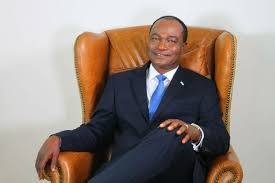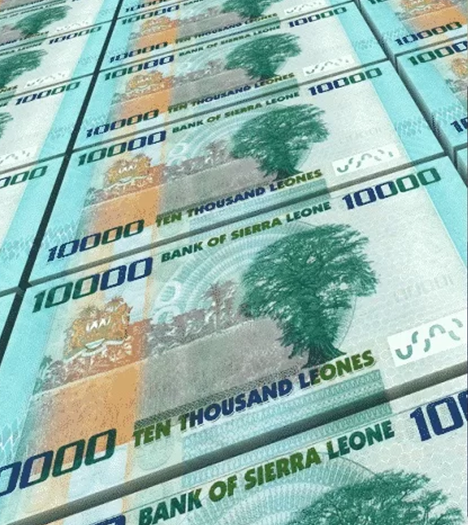Salone Radio Amsterdam: One party or multi-party system?
The pre-election violence that has taken place in Sierra Leone since 2007 reminds us of the political upheaval that occurred in during and after the 1977 elections. This violence gave fillip to the banning of multi-party system and replacing it with One Party System.
The idea of turning Sierra Leone into a One Party state took almost thirteen years to materialize. The idea was first thought of in 1965 by the then SLPP government, and by the end of the year, a bill entitled “The One Party Constitution of Sierra Leone” had been accepted in principle by Parliament after the first reading.
The then Opposition A.P.C party’s point of view during debates on the proposed One Party Constitution was that the time was not yet ripe for such a constitutional change. Following the introduction of the Bill for One Party Constitution, elections were held in 1967. Tribal tension and chaos increased “which shattered the fabrics of national unity.”
One of the issues which helped Stevens and A.P.C win a victory in 1967 “ was their skillful use of wide-spread opposition to the idea of a one-party state proposed by SLPP.” However, in 1970 interview, Siaka Stevens commented: “I was opposed to an imposed one-part state. On the other hand, if the one-party was voluntary, if the people by a gradual process decide that they want party state, then it is all right with me.” Siaka Stevens, in a memorable speech delivered in March 1974, said that “whenever I have been asked whether I favoured a One Party or a Multi-Party system, I have always replied that if Sierra Leone is to become a One Party State, then the process must be by EVOLUTION and not by REVOLUTION, and when in the General Elections in 1973 the APC was able to sweep the polls, it was an indication that the majority of Sierra Leoneans are no longer willing to dissipate their meager resources and energies in useless conflicts.” The clamour for a One-PartyStateincreased when the A.P.C gained landslide victory.
The events of the May General Elections in 1977 were a turning point in theOne-PartStatedebate. These events further revealed that “Multi-Party System was synonymous with hooliganism, thuggery, brute force and chaos.”
A year later Sierra Leone became a One-PartyRepublic and A.P.C’s Siaka Stevens became the first Executive President.
However, smelling that the threat of civil war in Sierra Leone was imminent, J.S Momoh installed a commission that would cater for a constitutional overhaul, a constitution that would usher in multi-party system. It was a constitution that would protect political and civil rights and guarantee social, economic and cultural rights.
The first Multi-Party Elections in nineteen years took place in 1996. The elections that followed were marred by violence.
Is it therefore true that multi-party system is alien to us?
Is the one-Party system a better form of government?
Does Multi-party system sow the seed of vandalism, sectionalism and tribalism?
Is there an alternative form of government that will promote and consolidate national unity inSierra Leone?
Salone Radio Amsterdam’s presenter Mohamed Kunowah Kiellow and two guests in London will join us to discuss this topic. Please join us in the discussion.
THE PROGRAMME WILL RUN FROM 20.00-22.00(CET) OR 14.00-17.00(US TIME)(19.00-21.00(Salone time) ON FRIDAY 25 NOVEMBER 2011 ON FM 105.6. YOU CAN ALSO LISTEN LIVE THROUGH THIS LINK:
http://www.salto.nl/streamplayer/radio/razo_live.asp
YOU CAN ALSO CALL TO JOIN THE DISCUSSION: 0031(20)7371619.
YOU CAN ALSO SEND YOUR COMMENTS AND QUESTIONS TO saloneradioamsterdam@yahoo.nl or join us on Facebook: Saloneradio Amsterdam
Mohamed Kunowah Kiellow, Amsterdam, The Netherlands
Stay with Sierra Express Media, for your trusted place in news!
© 2011, https:. All rights reserved.






